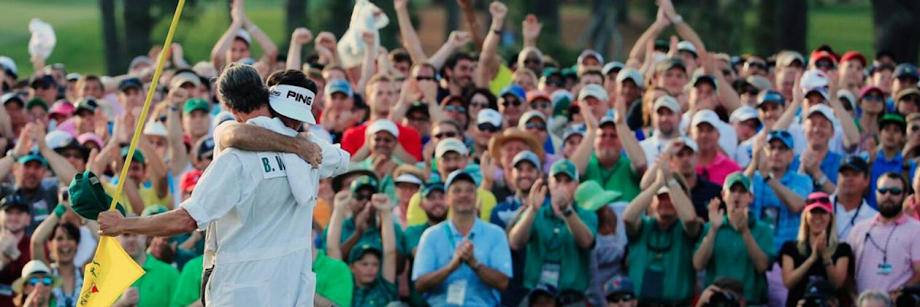My interest in Yiddish, a Germanic language that uses the Hebrew alphabet was piqued this summer when I studied at Yad Vashem, the Israeli museum for Holocaust studies. Before World War II, I learned that nearly eleven million people, primarily Jews, spoke Yiddish. The language is not dead. No, according to a Rutgers University, "it is estimated that there are about a quarter million Yiddish speakers in the United States, about the same number in Israel and another 100,000 in the rest of the world." Most Americans, however, would be both familiar and unfamiliar with this language that was once the traditional vernacular of Ashkenazic Jews.
Why might this be true? The Atlantic reports that in the US "the language is mostly spoken by Orthodox Jews who want to set themselves apart from the modern world." And yet, in popular culture thanks to comedians like Jerry Seinfeld and the late Joan Rivers, the English language was and remains peppered by Yiddish vocabulary. This has been my entry point.
Language is a window into a culture, a people. To learn, study and speak another language is a true gift—something much more than an exercise for the mind, it awakens the soul.
 |
| "Menashe" is a wonderful film worth seeing for much more than the fact they speak in Yiddish |
I attend a lot of high school basketball games, in particular, those at St. Ignatius College Prep, where I teach. In the past 15 years, I have seen remarkable athletes play been touched by the way a number of them come together to form a memorable team. Honestly, there are some groups you just never forget. But on every team—year after year—there is always this one particular type of athlete. Call him or her and archetype. This is a ballplayer I would describe as "inordinately confident." This athlete is not, however, in the starting line-up. No—he or she literally springs off the bench as if they were born to do so. They go after every loose ball with a near reckless abandon. They take a number of shots they have no business taking, but that's ok. You are grateful to have this player, for their heart and their hustle...and in their own unique way, they really do advance the cause. I don't know what to call this athlete....he or she is not a mensch, a Schmiel or a shlimazel ...but I wouldn't be surprised if my Yiddish speaking friends could tell me.
Or what is the word for man or woman who attends a rock 'n' roll concert, purchases the tour t-shirt and wears it immediately upon purchase. I usually wear this shirt later...in different venues...to remember the event...to talk to others who might be fans. Not this patron. He or she is enthusiastic to the core. The time is now—celebrate! I have a sneaky suspicion they also wear the race day shirt DURING the race. Many runners will understand what I am talking about. Certain races hand out shirts with the packet pick-up, a day or two before the event. Never mind that this runner has yet to complete the 5, 10 or 30K; they are ready to advertise and promote. God bless them. Yiddish would too by naming them.
At the first department meeting of the year, we have a wonderful tradition in the Religious Studies department of sharing a "moment of grace" from the summer. Some teachers share their challenges, others their joys, the gift of time away, travel and much more. The chair of my department asked me if I would be sharing mine in Yiddish. I wish I could...or maybe I'll look it up in their dictionary, searching for a singular term to describe a person who develops an interest and affection for another culture much different than his or her own. That's me.
Photo Credits
Menashe
Joys of Yiddish



No comments:
Post a Comment